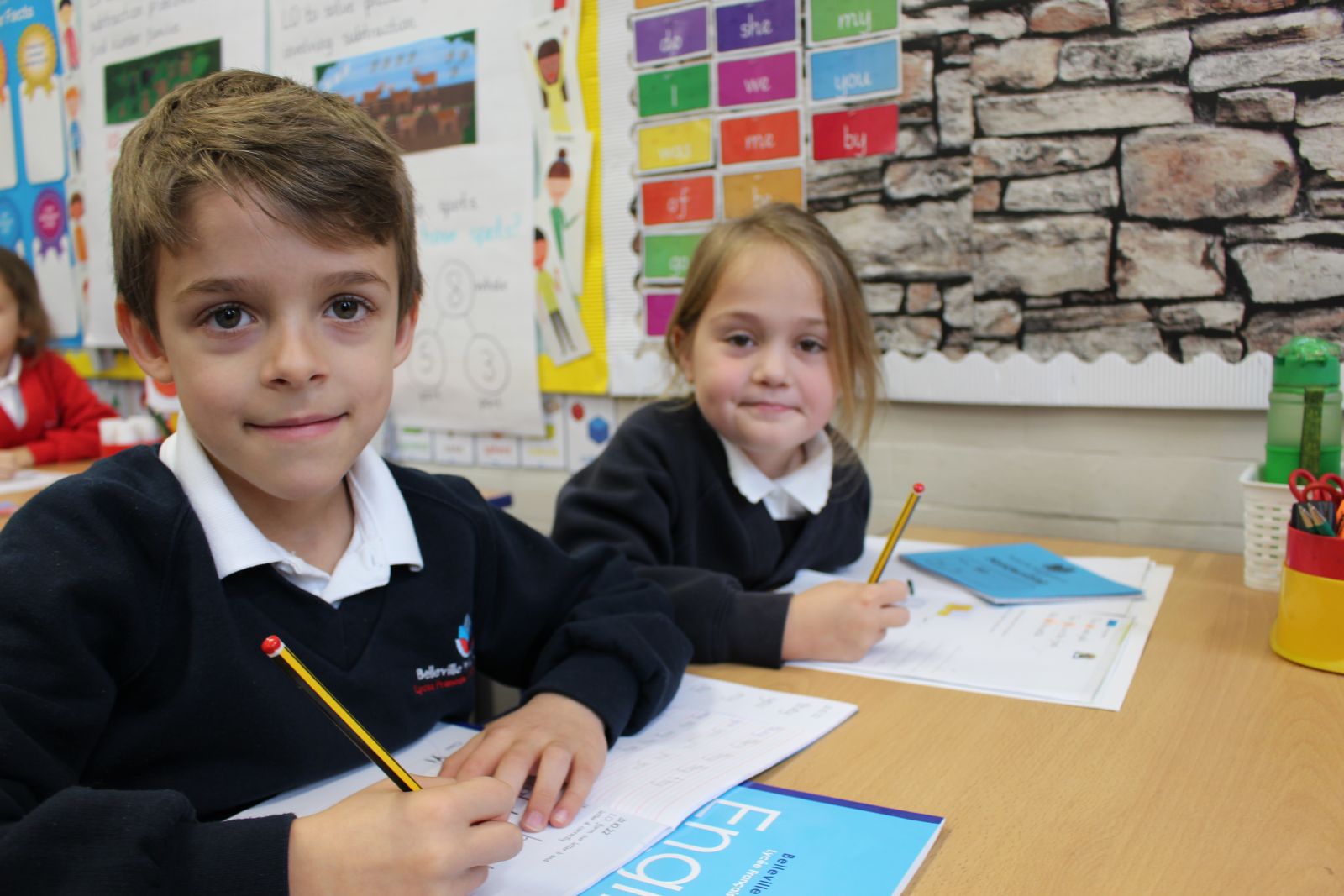 Our aim is that all pupils:
Our aim is that all pupils:
- are excellent communicators
- are literate and
- develop a love of language and literature
Our approach to English
Our English curriculum is based on the National Curriculum. Pupils are taught all elements of that curriculum, which seeks to ensure all pupils are confident speakers, readers and writers by the end of their time at primary school.
The overarching aim for English in the national curriculum is to promote high standards of language and literacy by equipping pupils with a strong command of the spoken and written word, and to develop their love of literature through widespread reading for enjoyment. The national curriculum for English aims to ensure that all pupils:
- read easily, fluently and with good understanding
- develop the habit of reading widely and often, for both pleasure and information
- acquire a wide vocabulary, an understanding of grammar and knowledge of linguistic conventions for reading, writing and spoken language
- appreciate our rich and varied literary heritage
- write clearly, accurately and coherently, adapting their language and style in and for a range of contexts, purposes and audiences
- use discussion in order to learn; they should be able to elaborate and explain clearly their understanding and ideas
- are competent in the arts of speaking and listening, making formal presentations, demonstrating to others and participating in debate.
We go beyond the national curriculum through our focus on high-quality, engaging literature, which are at the root of both reading and writing at BWA. The structure of our curriculum, and our carefully chosen wide variety of core texts, ensure that pupils have the opportunity to read and write a balance of different text types.
Reading: We are particularly proud of the work we have done to ensure that pupils have an excellent reading diet. We believe that an engaging diet of reading will encourage pupils to read for enjoyment as well as knowledge and comprehension. Read more about how we teach Early Reading and Phonics here. You can read more about our reading enrichment here.
Writing: High-quality texts also support the development of excellent writing. Pupils are immersed in a rich diet of texts that have been selected to engage and excite, in order to facilitate excellence and enjoyment in writing. Within the writing sessions, pupils are actively encouraged to develop their initial ideas through a process of editing and revising. We publish a number of pieces of writing each term, making clear the audience and purpose of our work.
Organisation
In the earlier years of education, reading (through systematic synthetic phonics) and writing (applying phonic knowledge) are inseparable. In Reception, there is a balance of daily phonics and writing teaching. In Year 1, phonics is taught daily and the teaching of writing takes place most days. Our phonics programme is a school-developed, highly-structured programme using Jolly Phonics as its key element.
Reading is taught using two approaches throughout our school. From Reception to Year 6, pupils are taught through the process of guided reading in small groups. Pupils will read in small guided groups with the teacher once a week, where the teacher will actively teach the skills required to be an effective reader.
All pupils from Reception to Year 6 have English lessons at least once a day, which include whole-class study and analysis of a reading book or text as well as writing opportunities. In addition, a number of reading enrichment sessions form part of our weekly reading diet. In reading enrichment, the teacher will read a number of core texts to the class, developing reading skills and widening the opportunities for our pupils to hear a rich and varied diet of literature.
From Year 2 onwards, a skills lesson introduces a combination of spelling, handwriting and grammar skills once a week. A further 5 lessons of writing take place each week, culminating with a writing enrichment (an extended period of independent writing).
Core curriculum elements
Throughout their time in BWA, pupils will develop skills in:
- Word reading (including phonics)
- Comprehension
- Transcription
- Vocabulary, grammar and punctuation.
English National Curriculum for KS1 & 2
